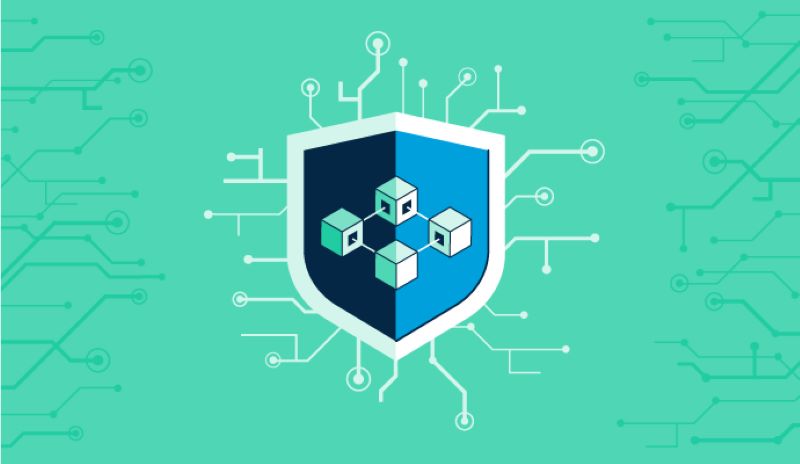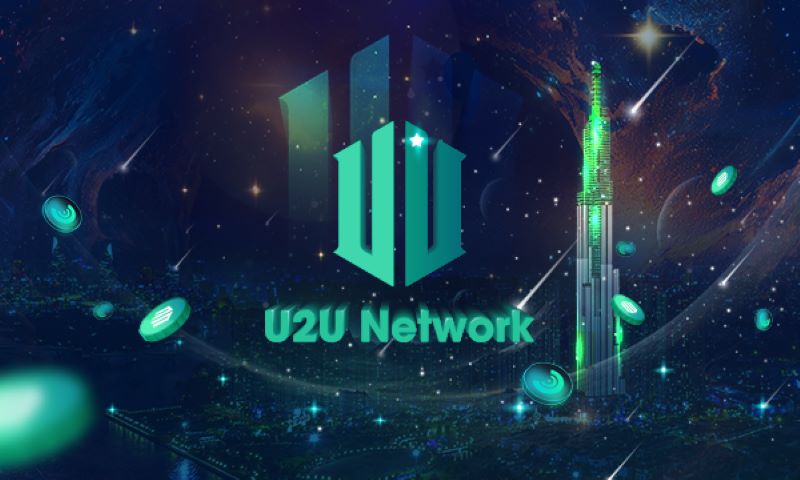Categories: Blockchain
Privacy and blockchain what you need to know?
Understanding "Privacy and Blockchain" is crucial in today's digital world. Blockchain technology offers enhanced security and privacy features, protecting sensitive data and ensuring transparent, tamper-proof transactions, making it vital for industries like finance and healthcare.
As blockchain technology continues to revolutionize various industries, privacy concerns have become increasingly prominent. U2U Network is at the forefront of addressing these challenges, developing advanced privacy solutions to ensure user confidentiality and data security. This article explores the intersection of privacy and blockchain, highlighting essential information and the innovative contributions of U2U Network to safeguard user privacy while maintaining the integrity and transparency of blockchain technology.
Table of Contents
How Privacy and Blockchain Can Enhance User Protection
Decentralization:
One of the core strengths of blockchain technology is its decentralized nature. Unlike traditional systems where data is stored in a central repository, blockchain distributes data across a network of nodes. This eliminates the single point of failure that often makes centralized systems vulnerable to data breaches. By distributing data, blockchain reduces the risk of unauthorized access and misuse, as there is no central authority to control or manipulate the data.
Encryption:
Blockchain leverages robust cryptographic techniques to protect the confidentiality and integrity of data. Hashing, a mathematical function, transforms data into a unique fixed-length string of characters, making it virtually impossible to reverse-engineer the original data from the hash. Public-key cryptography enables secure communication and transactions by using pairs of keys – one public and one private – for encryption and decryption. This ensures that only authorized parties can access and modify data.
Selective Disclosure:
Blockchain empowers users with greater control over their personal data through selective disclosure. Instead of sharing their entire personal information, users can choose to reveal only the necessary data for a specific transaction or interaction. This minimizes the amount of data exposed, reducing the risk of privacy breaches and unwanted tracking.

Zero-Knowledge Proofs (ZKPs):
Zero-knowledge proofs (ZKPs) are a cryptographic technique that allows one party to prove to another that a statement is true without revealing any information beyond the statement's validity. ZKPs are a powerful tool for enhancing privacy on the blockchain, as they enable users to prove ownership of assets or compliance with certain conditions without disclosing sensitive details.
U2U Network's Privacy Features:
U2U Network is committed to privacy and has implemented several privacy-enhancing features in its platform. These include:
- Privacy-Preserving Protocols: U2U Network utilizes privacy-preserving protocols, such as ring signatures and confidential transactions, to mask transaction details and protect user identities.
- Data Encryption: All data stored on the U2U Network blockchain is encrypted to prevent unauthorized access and ensure confidentiality.
- Decentralized Identity: U2U Network is developing a decentralized identity solution that allows users to control their digital identities and manage their personal data in a secure and private manner.
Privacy Challenges in Blockchain
Publicly Visible Transactions
Transactions on public blockchains are visible to all participants in the network. While the identities of users are typically pseudonymous (represented by cryptographic addresses), transaction details such as amounts transferred and timestamps are transparent and immutable. This transparency can potentially reveal sensitive information about users if addresses are not properly anonymized or if transactions are linked to real-world identities.
Linkability
Blockchain transactions, though pseudonymous, can be linked together to deduce patterns of activity and potentially deanonymize users. Techniques such as blockchain analysis, which examines transaction flows and addresses, can identify common ownership or spending patterns. Over time, this can compromise user privacy by revealing transaction histories and financial behaviors.

Data Storage
Storing large amounts of data on the blockchain poses challenges related to data permanence and the right to be forgotten. While transaction data itself is critical for maintaining the blockchain's integrity, additional data (such as smart contract details or attachments) can increase blockchain size and storage requirements. This raises concerns about scalability and the practicality of maintaining all data indefinitely. Moreover, the immutable nature of blockchain means that once data is recorded, it cannot be easily modified or erased, potentially conflicting with privacy regulations like the GDPR's right to erasure.

Solutions for Enhancing Privacy on the Blockchain
The inherent transparency of public blockchains can be a double-edged sword when it comes to privacy. However, various solutions have emerged to address these concerns and enhance privacy on the blockchain:
Privacy-Focused Blockchains:
Privacy-focused blockchains, such as Monero and Zcash, prioritize privacy from the ground up. They employ advanced cryptographic techniques like ring signatures and zk-SNARKs to obfuscate transaction details, including sender and receiver addresses, as well as transaction amounts. These platforms provide high anonymity and fungibility, appealing to users who prioritize privacy.

Privacy-Preserving Technologies
Even on public blockchains that are not inherently private, various technologies can enhance privacy:
- Ring Signatures: Allow a user to sign a transaction on behalf of a group, making it difficult to trace the origin of the transaction to a specific individual.
- Stealth Addresses: Generate one-time addresses for each transaction, making it harder to link multiple transactions to the same user.
- Confidential Transactions: Encrypt transaction amounts, making them visible only to the sender and receiver, while still allowing the network to validate the transaction.
Off-Chain Data Storage
To minimize the amount of sensitive data stored on the blockchain, off-chain data storage solutions can be utilized. This involves storing the bulk of the data off-chain and only recording a hash or a reference to the data on the blockchain. This approach reduces the blockchain's size and improves scalability while maintaining the integrity and security of the data.
U2U Network's Innovations
U2U Network is actively developing innovative solutions to address privacy concerns in the blockchain space. Their DAG-based architecture allows for greater flexibility and customization in implementing privacy-preserving features. They are also exploring the use of zero-knowledge proofs (ZKPs) to enable private transactions and smart contracts without compromising the security and transparency of the blockchain.

U2U Network is at the forefront of developing advanced privacy and blockchain solutions. With its Directed Acyclic Graph (DAG) architecture, U2U Network offers flexibility and customization, enabling the effective integration of privacy features such as ring signatures and confidential transactions. The network's research and application of zero-knowledge proofs (ZKPs) demonstrate a strong commitment to protecting user privacy while maintaining the security and transparency of the blockchain.
Privacy and blockchain are not just part of a groundbreaking technology but also a significant step forward in balancing transparency and privacy in the digital world. With existing challenges, the search for and development of advanced security solutions, such as those pursued by blockchain projects like U2U Network, are critically important. We are moving closer to a future where privacy and blockchain are not only powerful transaction tools but also an ecosystem that respects and protects users' privacy rights
.png)